Video coming up soon.

Avoid The Goal Setting Trap – Unrealistic and Vague Objectives
Have you ever embarked on the journey of a New Year’s resolution, only to see it dissipate like mist come February? Such is the plight of many ambitious professionals who unwittingly fall into the goal setting trap — a snare that can entangle even the most seasoned experts in the tech industry. This common error involves setting objectives that are either too ambitious or too imprecise, leading to disappointment and diminished motivation.
Here we’ll discuss how the SMART goal framework can be your beacon to achieving realistic and clearly defined milestones.
The technology sector is a beacon of progress and grand aspirations. However, when it comes to individual career goals, reaching for the stars without a strategic plan of action is akin to an astronaut adrift without a spacecraft. Goals that are either excessively lofty or indistinct can result in a demoralizing cycle of frustration and a swift path to burnout.
Vague goals are the professional equivalent of attempting to strike a bullseye in pitch darkness. Without clarity, it becomes challenging to gauge advancement or experience a sense of achievement. It’s crucial to articulate your objectives with precision to maintain momentum and a clear direction.
Conversely, unrealistic goals are like setting a password that’s promptly forgotten. They might appear formidable, but their inaccessibility only breeds a feeling of inadequacy and failure. For junior IT professionals, it is vital to establish attainable goals that incrementally enhance both confidence and proficiency.
To navigate clear of these goal-setting pitfalls, one must adopt the SMART criteria
Specific, Measurable, Achievable, Relevant, and Time-bound. This approach transforms nebulous dreams into a concrete and actionable blueprint for success.
- Specific: Goals should be explicitly defined. Transform a general desire to ‘learn Python’ into a tangible plan to ‘complete a Python course and develop a small-scale project.’
- Measurable: Establish checkpoints to monitor progress. Commit to mastering a new Python concept each week.
- Achievable: Craft goals that are within reach, such as allocating two hours every evening to Python study.
- Relevant: Align your objectives with your broader career aspirations, ensuring that learning Python is a step toward a desired data science position.
- Time-bound: Imposing deadlines fosters focus and urgency, like setting a three-month timeline to complete the Python course and project.
Real Life Example:
To illustrate, imagine aspiring to become a cloud computing authority. Rather than a nebulous aim of “improving cloud computing skills” a SMART goal would be to secure an AWS Certified Solutions Architect credential within six months through daily hour-long study sessions.

The essence of SMART goal setting transcends the mere act of ticking off a checklist. It’s about crafting a career trajectory that is both motivating and sustainable. As a coach committed to the development of junior IT professionals, I am here to assist in laying down a solid foundation that can translate potential into concrete cold achievements.
Take advantage of my offer – a free 60-minute coaching session where we can together examine the SMART framework and how to apply it to your special circumstances. Just hit me with a message.
For further guidance on how to navigate the dynamic landscape of technology, engage with more of my content. And remember, keep your aspirations realistic, your objectives clear, and your progress steady.
